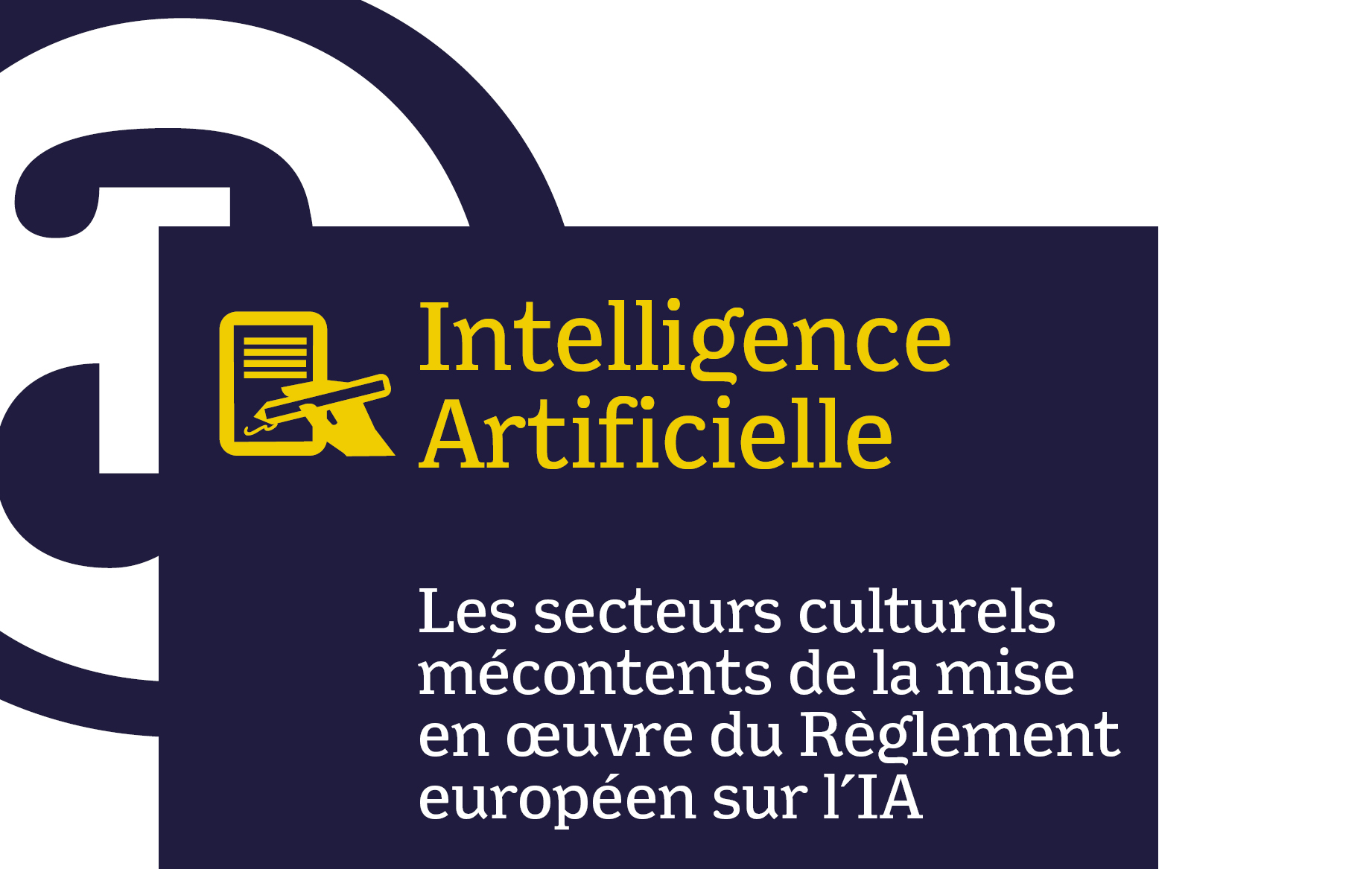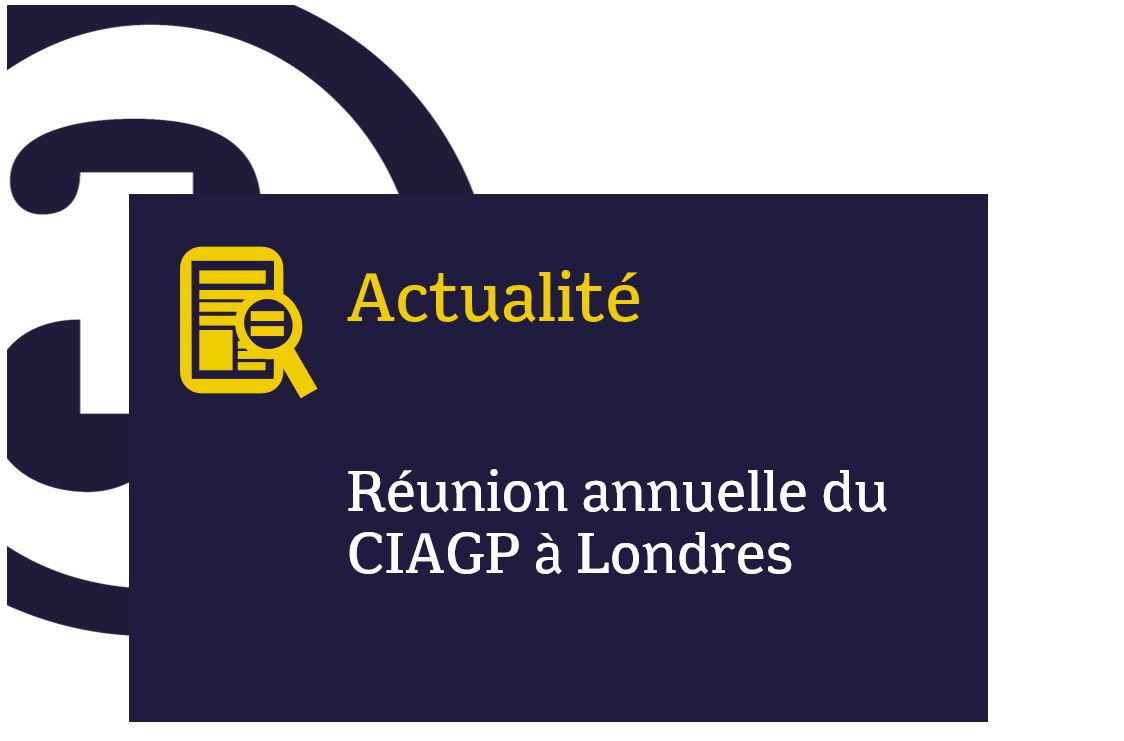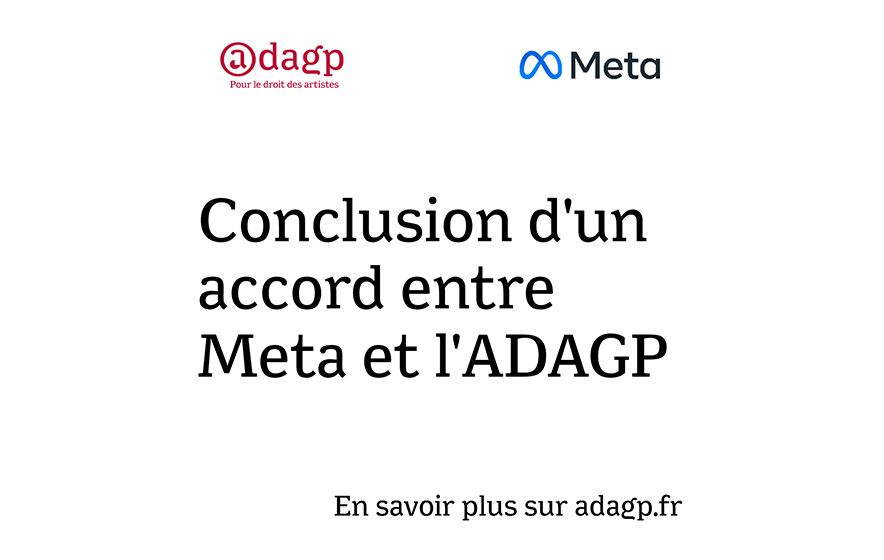Artificial intelligence: ADAGP exercises its right to opt out
ADAGP is opposed to the use of works in its repertoire by artificial intelligence (AI) systems within the framework data mining exception.
ADAGP formally opposes the use of works in its repertoire by artificial intelligence (AI) systems as part of the data mining exception provided for in Article 4 of Directive 2019/790 and transposed into French law in Article L. 122-5-3 of the Intellectual Property Code.
By thus opposing reproductions of works in its repertoire under the data mining exception (opt out), ADAGP brings these acts of exploitation back within the scope of the exclusive right.
Any operator wishing to use the works of authors whose reproduction rights are managed by ADAGP (see the list available at https://tdm-optout.adagp.fr ) for data mining purposes must therefore submit a request to ADAGP.
This declaration of opposition is supplemented by a summary in machine-readable xml format, accessible at the following address
See also
Cultural sectors dissatisfied with the implementation of the EU AI Act
This summer, ADAGP, through its European representatives EVA and GESAC, took part in a large coalition of author, performer, publisher, and producer organisations who released a statement in response to the implementation of the European Union Artificial Intelligence Act (AI Act), in which they expressed serious concerns, as the measures...


